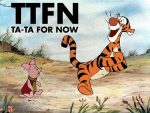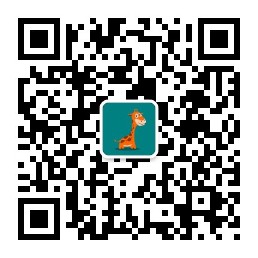第211期:chilling effect
*Issue 211
今天我们要学的这个词chilling effect原本只是一个法律术语,最早出现于1950年代美国的一起著名案例。
The United States Supreme Court first refers to the “chilling effect” in the context of the United States Constitution in Wieman v. Updegraff in 1952.
Chilling effect的英文释义是:
A discouraging or deterring effect on the behaviour of an individual or group, especially the inhibition of the exercise of a constitutional right, such as freedom of speech, through fear of legal action.
这个词对应的汉语翻译很好,“寒蝉效应”。源自成语“噤若寒蝉”。蝉嘶于夏秋,不久即死。古人不察,以为蝉到寒天,不能发声。乃以噤若寒蝉形容不敢作声。

安全起见,以下对这个词的解释仅采用英文。
Chilling effect refers to a phenomenon where individuals or groups refrain from engaging in expression for fear of running afoul of a law or regulation. Chilling effects generally occur when a law is either too broad or too vague. Individuals steer far clear from the reaches of the law for fear of retaliation, prosecution, or punitive governmental action.
Vague laws produce chilling effects because individuals do not know exactly when their expressive conduct or speech crosses the line and violates such rules.
In 1644 John Milton expressed the chilling effect of censorship in Areopagitica:
For to distrust the judgement and the honesty of one who hath but a common repute in learning and never yet offended, as not to count him fit to print his mind without a tutor or examiner, lest he should drop a schism or something of corruption, is the greatest displeasure and indignity to a free and knowing spirit that can be put upon him.
Chilling的意思除了“寒冷的“以外,还有”令人恐惧的“。这个词组取得就是这个意思。读过奥威尔的小说《1984》的应该能看懂下图。Chilling effect就是这个意思。





